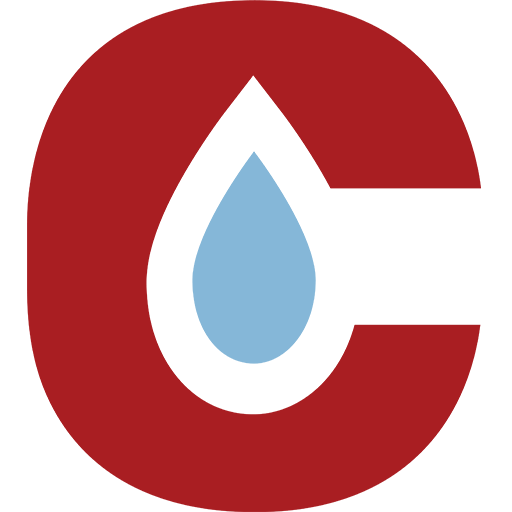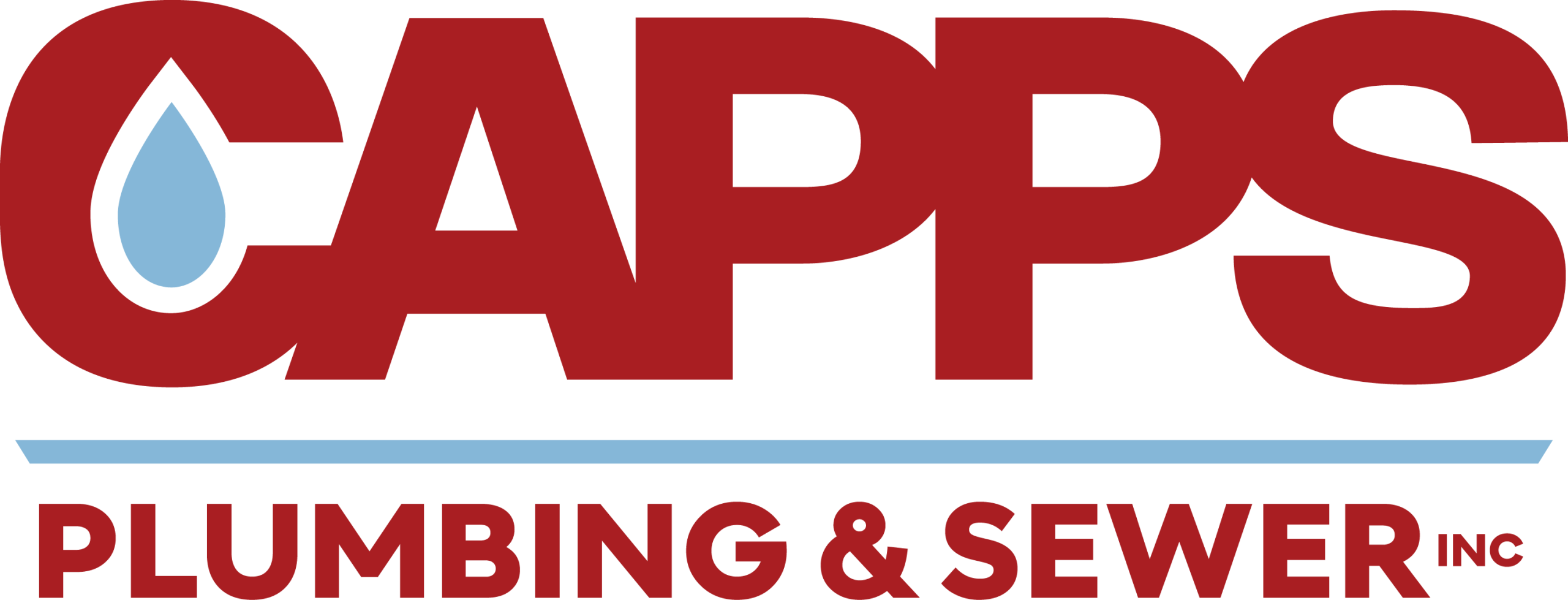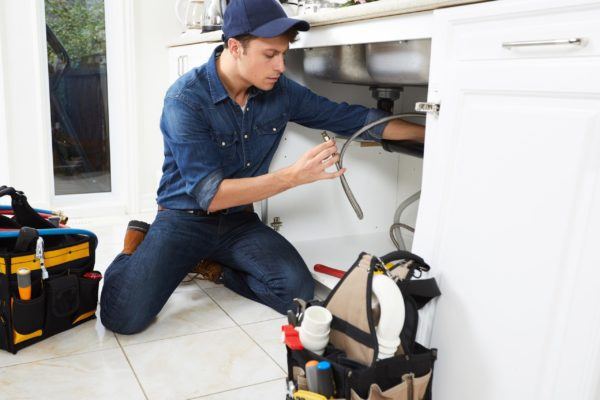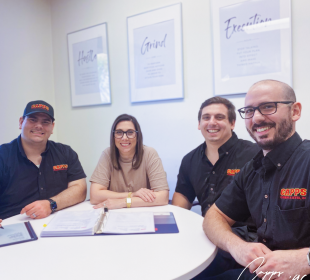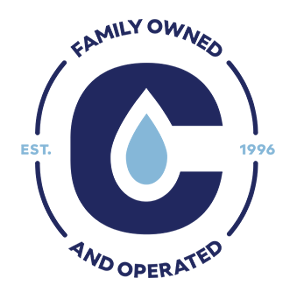3 Steps to Becoming a Licensed Plumber
- Obtain your high school diploma or GED
- Get into a plumbing apprenticeship
- Become a licensed plumber
Sounds easy, right? Not so fast. Each of the steps listed above takes a lot of work to complete.
Step One: Finish High School or Get GED
While the trade of plumbing is not typically taught in high schools, you will need the knowledge you obtain through getting your high school diploma. You may not realize it, but a lot of what you learn in high school math and science classes will help you become a successful plumber.
- Math
- Addition and Subtraction – A strong command of basic addition and subtraction is required for making exact measurements and for estimating the cost of jobs.
- Multiplication and Division – Plumbers need a working knowledge of multiplication and division, especially for making advanced measurements and dealing with the amount of water pressure running through pipes. Also, plumbers may find themselves needing to calculate the square root of numbers, which would involve quick multiplication.
- Algebra and Geometry -Although advanced mathematics, such as algebra and geometry, are not as required for plumbers as addition, subtraction, multiplication, and division, they are useful for reading blueprints, building plans, and diagrams. Knowledge of these concepts is usually required for master plumbers as well, and it comes in handy when acquiring an advanced plumbing license.
- Science
- Physics – Under the laws of gravity and pressure, plumbers measure and ensure plumbing systems are designed to carry water efficiently and safely.
- Chemistry – Plumbers need to understand the chemical interaction between water and metals that can result in corrosion and the chemistry of the water (i.e., hard water contains an excess of calcium)
Pro Tip: Keep a Clean Background
A clean criminal background and driving record helps you to become a licensed plumber. Many plumbing companies need bonding and liability insurance. They may avoid working with people with marks on their records. As you work towards becoming a licensed plumber, keep the following off your record:
- Reckless driving convictions
- DUIs or DWIs
- Extensive moving violations
- Felony convictions of any kind
- Certain misdemeanors
- Failed drug tests
Generally, you should maintain a valid driver’s license with a clean record, have no criminal background, and stay drug-free. This will likely make becoming a plumber much easier.
Step Two: Vocational Training and Apprenticeship
Once you’ve got the groundwork from obtaining your high school diploma, it’s time to move on to specialized/vocational training. This is the next step of education that provides classroom instruction with hands-on practice. The typical curriculum includes:
- Hands-On Shop Instruction
- Practical Assembly and Repair Techniques
- State-Specific Licensing Law
- State-Specific Plumbing Code
- Practical Application of Codes and Standards
- First Aid and Safety Procedures
- Preparation for State Licensing Exam
Four years of on-the-job training, or an apprenticeship, is required before you can sit for the state licensing exam. An apprenticeship consists of working under the supervision of a licensed plumber to learn and practice all the skills a plumber needs.
In Illinois, apprentice plumbers must obtain an apprentice plumber’s license. Apprentice license requirements include:
- Must be at least 16 years old
- Complete the application form
- Provide proof of sponsorship by an Illinois licensed plumber or approved apprenticeship program.
- After a maximum apprenticeship period of 6 years, those individuals who do not apply for the plumbers licensing exam (or fail the exam) will not be eligible for a renewal of the apprentice license.
Pro Tip: See if local businesses are hiring plumbing apprentices
Capps Plumbing & Sewer has a robust apprenticeship program that offers valuable on-the-job training.
Step Three: Take the Plumbing Licensure Test
To perform commercial or residential plumbing work, you must be licensed within the state where you are working. Obtaining a license requires an extensive exam. Illinois plumbing licensing requirements include:
- Complete the application form and pay the required fee.
- Applicants must have been employed as a licensed apprentice plumber for a minimum of 4 years and have completed at least 2 years of high school or equivalent in addition to completing an approved course instruction through a college, university, or trade school.
A career in plumbing offers many benefits and opportunities. You’ll be glad you took the time to follow through on your journey to this rewarding career!
